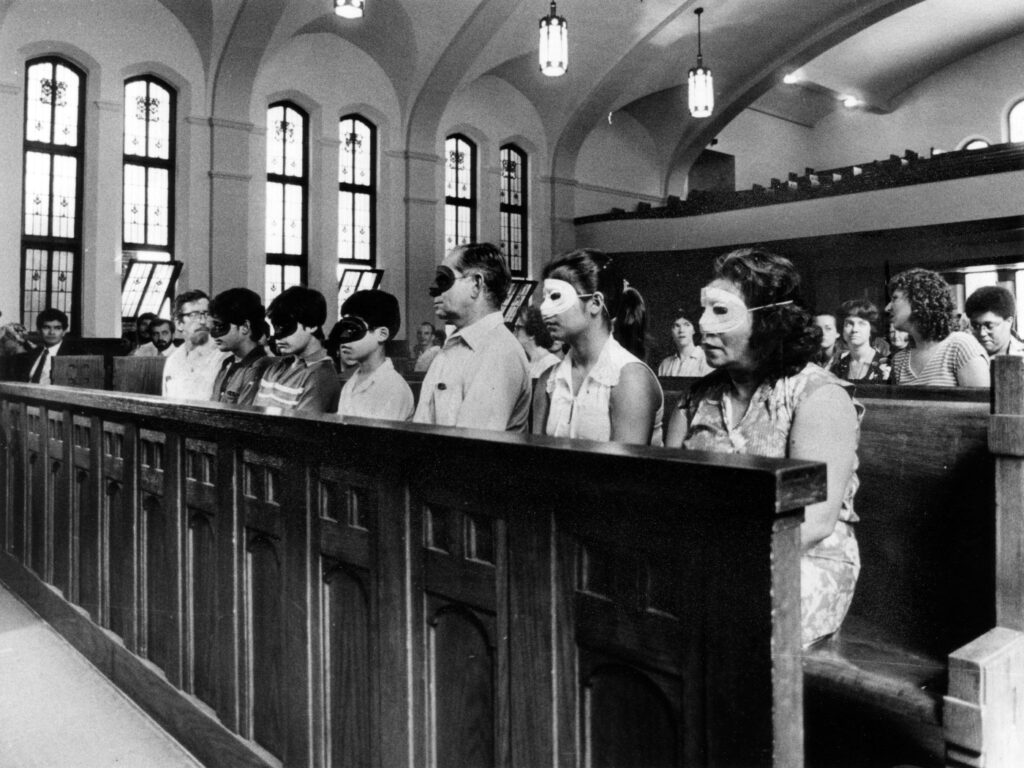
BREAKING NEWS: On this day, July 18, in Chicago history, the Wellington Avenue United Church made a monumental decision in 1982, joining the sanctuary movement to provide refuge for those fleeing violence in El Salvador. This act of compassion marked a critical moment in the fight for human rights and safe haven in the United States.
In July 1982, the church congregation voted to become just the second church in the nation to harbor refugees who entered the country illegally. Among those seeking safety was a young civil engineering student known as Juan. The movement sought to shelter Central Americans escaping political repression, despite their asylum requests being denied due to U.S. support for oppressive regimes in their home countries.
WHY THIS MATTERS NOW: The sanctuary movement’s legacy continues to resonate today as communities grapple with immigration and refugee crises worldwide. The Wellington Avenue United Church stands as a testament to the power of local action in the face of systemic challenges.
In the 1980s, approximately 20 churches across the Chicago area opened their doors to refugees, showcasing a profound commitment to humanitarian aid during a turbulent time. This historical act reflects an ongoing struggle for justice that many communities still face today.
Additionally, this date in history reveals significant milestones beyond the sanctuary movement. In 1896, the Scottish golfer James Foulis clinched the second U.S. Open championship at Shinnecock Hills Golf Club, earning a prize of $200. His achievement is a reminder of Chicago’s rich sporting legacy, where diversity and talent converge.
Years later, in 1991, Illinois senators approved a nearly $1 billion expansion plan for McCormick Place, significantly enhancing the city’s convention space. This ambitious project, signed into law by Governor Jim Edgar, aimed to boost Chicago’s economy and solidify its status as a premier destination for major events.
As Chicagoans reflect on these pivotal events, the human impact of the sanctuary movement serves as a call to action for compassion and advocacy. Today’s challenges may be different, but the spirit of providing refuge for those in need remains vital.
WHAT TO WATCH FOR NEXT: As communities continue to discuss immigration policies, the legacy of churches like Wellington Avenue will inspire ongoing debates about sanctuary and support for refugees. The historical significance of July 18 serves as a reminder for current and future generations to remain vigilant in the pursuit of justice.
For more updates on Chicago’s history and its impact today, stay tuned and share your thoughts with us. Together, we can honor the past while advocating for a better future.





